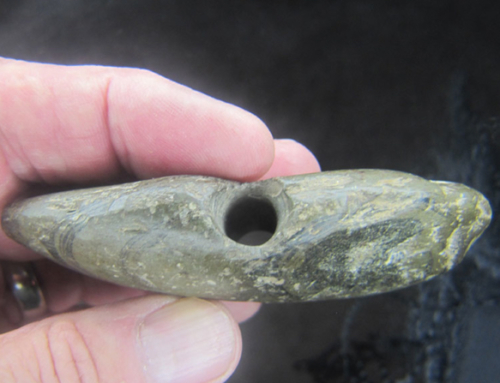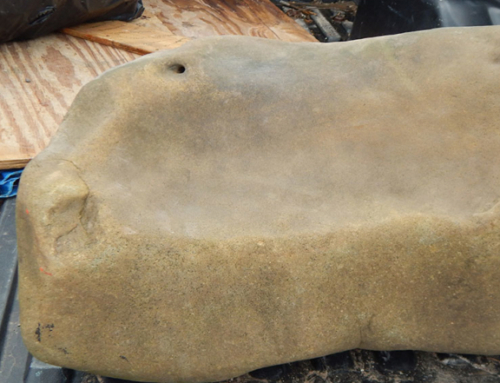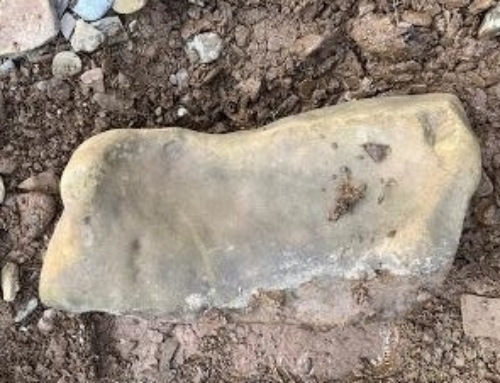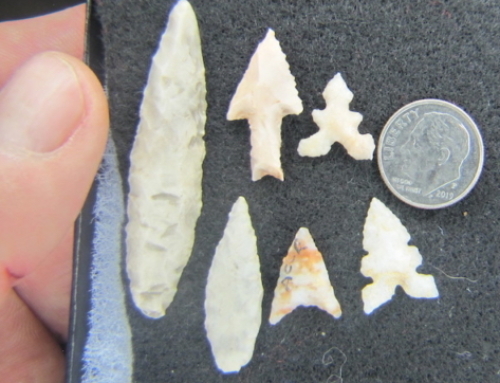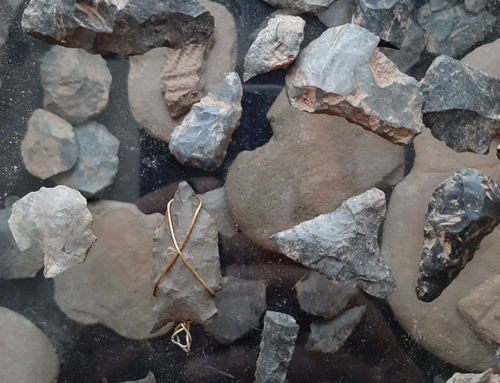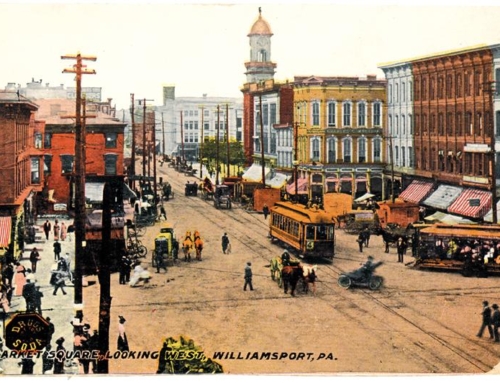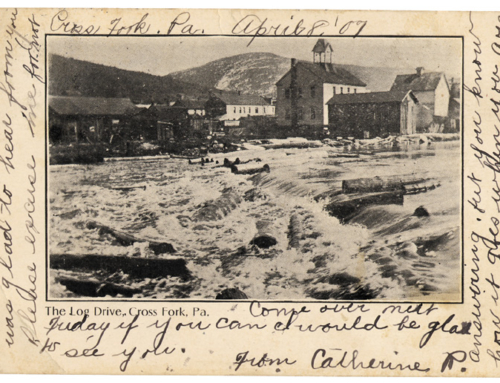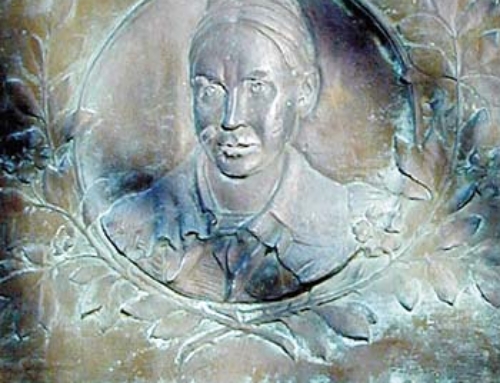The life of Tunnison Coryell, one of Lycoming County’s and Williamsport’s most notable men of accomplishment and finance in the 19th century, spans the period of Williamsport evolving from a sleepy frontier village to a city of diverse great industries. John F. Meginness writes in his “History of Lycoming County,” “Tunnison Coryell was closely associated with the progress and development of Lycoming County for more than half a century.”
Coryell was descended from French Huguenots who came to America seeking religious freedom in the 17th century. He was born in Hunterdon County, N.J., on June 13, 1791. His family moved to East Buffalo Township in present-day Union County, near Lewisburg. As an 11-year-old, he carried the mail by horseback from Lewisburg to Bellefonte for a short period of time.
In 1812, Coryell borrowed $50 to get involved in the lumber business in which he had great success. He moved to Williamsport in 1813, and became a clerk in the office of Lycoming County Prothonotary, Gen. John Burrows. He was appointed County Register and Recorder in 1818 and served for one term. Coryell purchased the “Lycoming Gazette” in 1821. The “Gazette” was one of the predecessors of the present-day “Williamsport Sun-Gazette.” In the two years he owned the paper, he built the subscription up from 400 subscribers to more than 1,200.
He served as Lycoming County Prothonotary from 1824-30. He was one of the most energetic promoters of the building of the West Branch Canal. He took an active role in pushing through these public works projects to their completion. He also was one of the leading proponents of having the federal government build a national road from Williams-port to Elmira. His influence helped induce the federal government to locate a federal district court in Williamsport. It largely was through his efforts that the Philadelphia and Erie Railroad built tracks through Williamsport.
Coryell was the leading spirit in the formation of the Williamsport Gas Company in 1856. He served as its superintendent, secretary and treasurer for 17 years. He was a director of the Northumberland Bank for a short period.
He helped to found the West Branch Bank in Williamsport and served as its cashier. He was an active member of the First Presbyterian Church of Williamsport and prominent in its affairs.
A stained glass window was later dedicated in his honor at the church. Coryell’s active involvement with the Presbyterian Church may have served as the moral base for his heroic efforts as a “conductor” on the local branch of the “Underground Railroad.” He was one of the “Railroad’s” most active champions in helping to end an institution that he considered odious.
He married Sarah Burrows, daughter of Gen. Burrows, on February 16, 1816. Their union produced three sons and three daughters. His son John followed in his footsteps becoming prominent in the financial and civic affairs of the area.
In his later years, Coryell had a passion for the area’s history and was noted as an expert. He often wrote articles for the newspapers about local history. Through his efforts, much local lore and history were preserved. He published a 100-page autobiography detailing stories of his experiences and the experiences of many old-time settlers of the area. He was well known in the area and enjoyed the confidence of many of the area’s most prominent men.
When Coryell died Aug. 8, 1881 at the age of 90, he was Williamsport’s oldest citizen. He also left behind a life of notable accomplishments and as a figure of respect. An editorial by the “Williamsport Gazette and Bulletin” of Aug. 10, 1881 noting Coryell’s passing reads, “The history of the life of Tunnison Coryell is very largely the history of Williamsport. His life was busy, useful and a thoroughly honorable one. No man ever lived in Williamsport having a larger acquaintance with public men of the state and the nation. And no man wielded a larger influence in his day, as a private citizen.”
By Lou Hunsinger Jr., Williamsport Sun-Gazette


